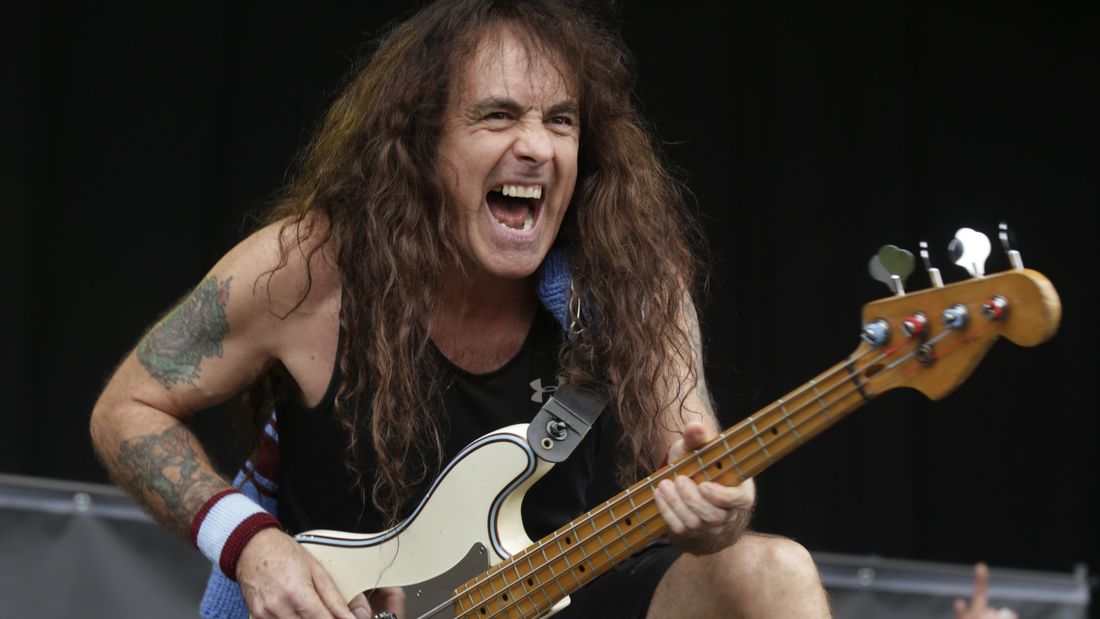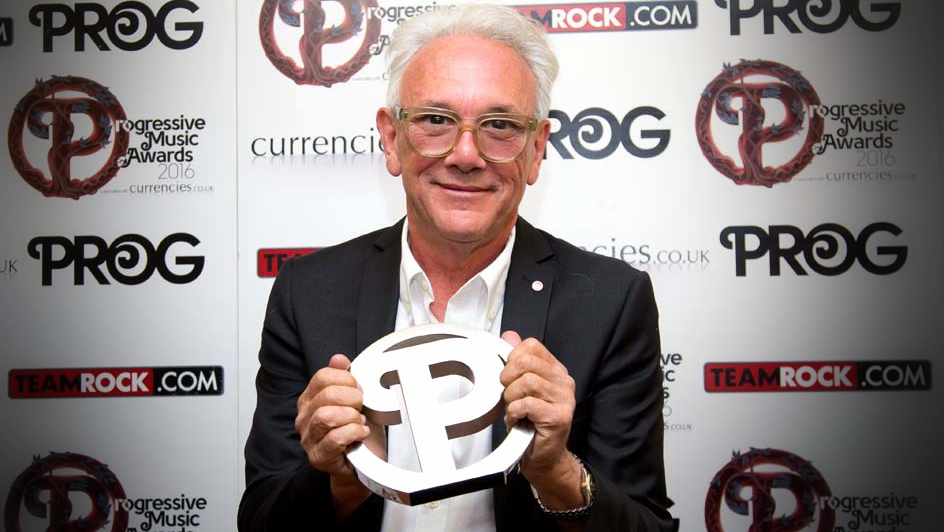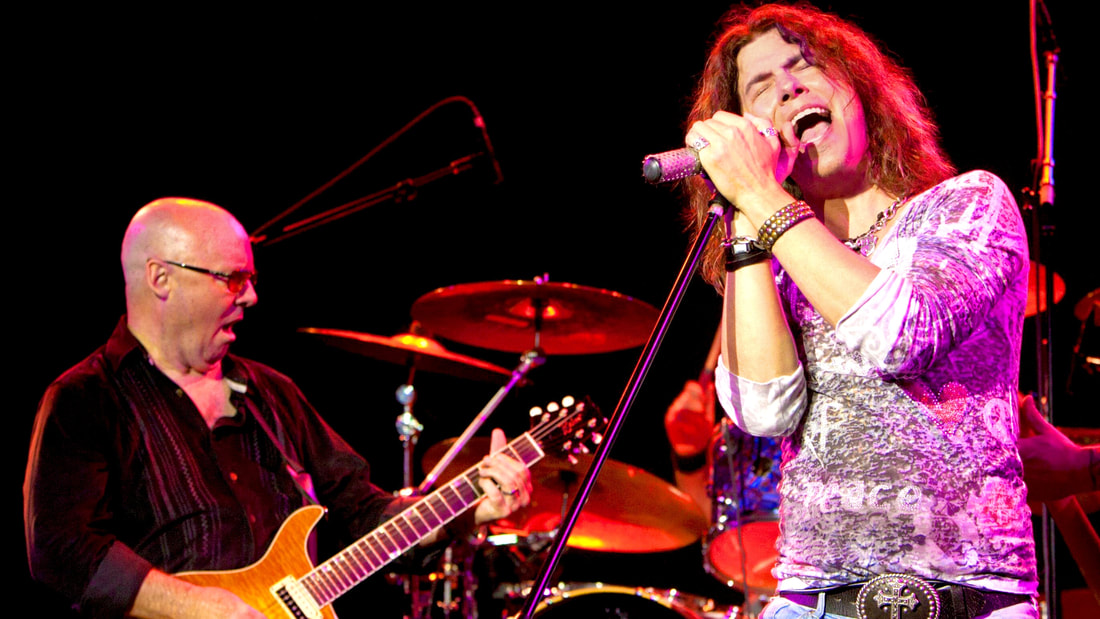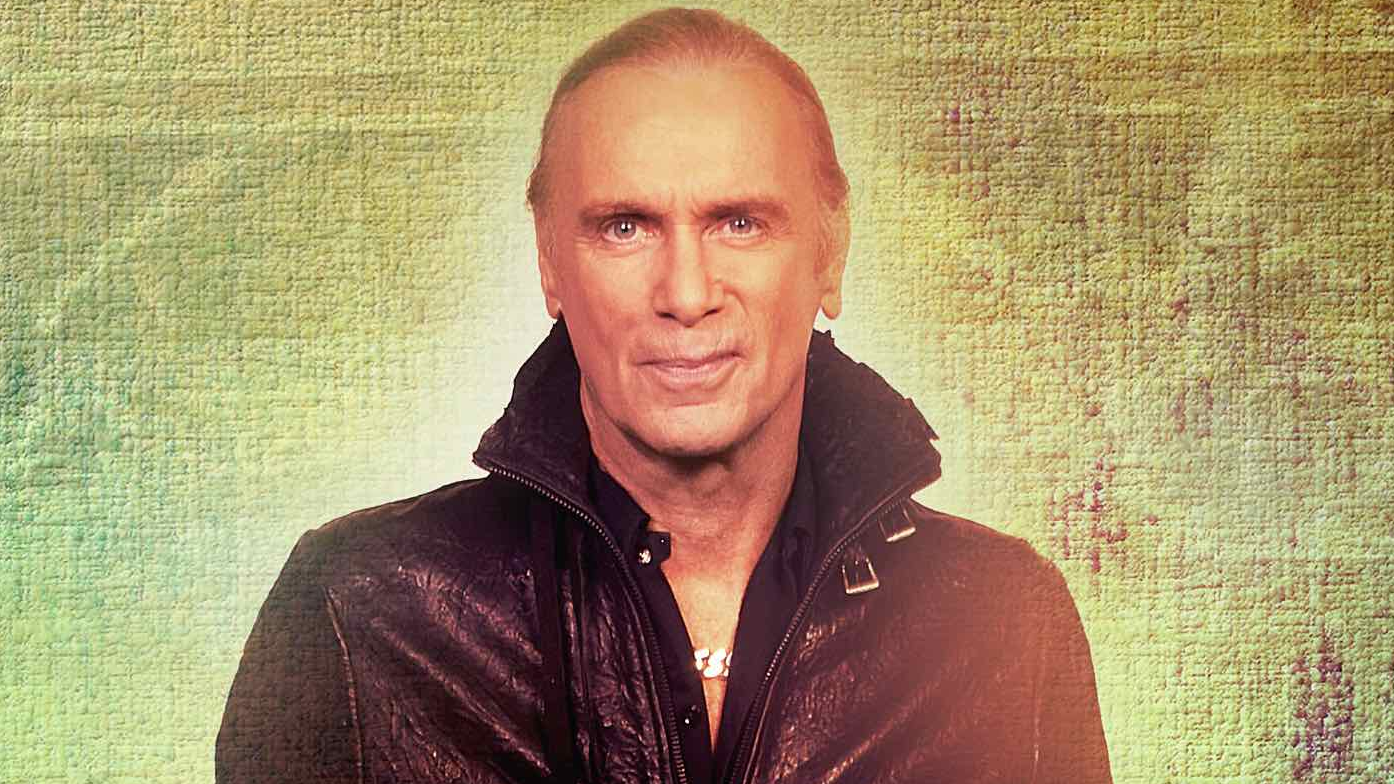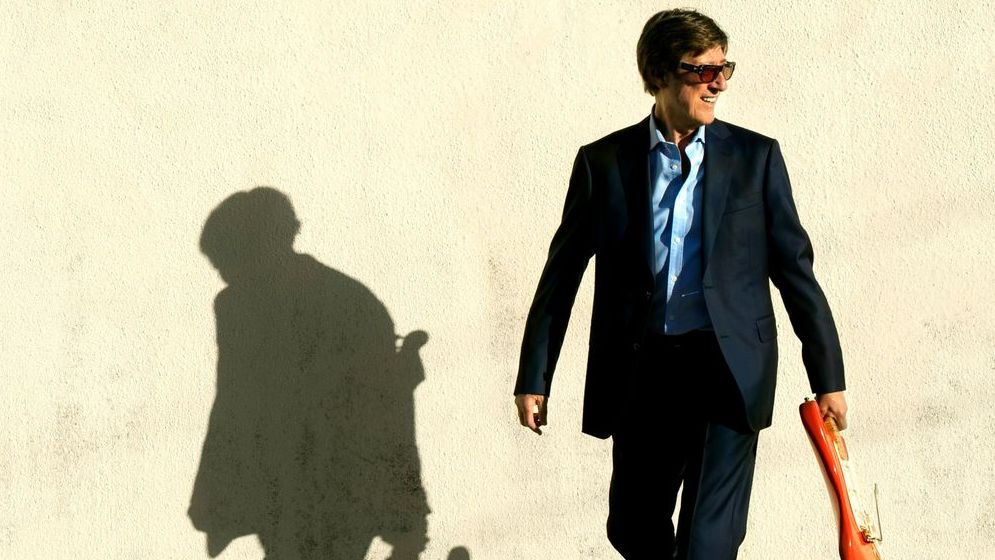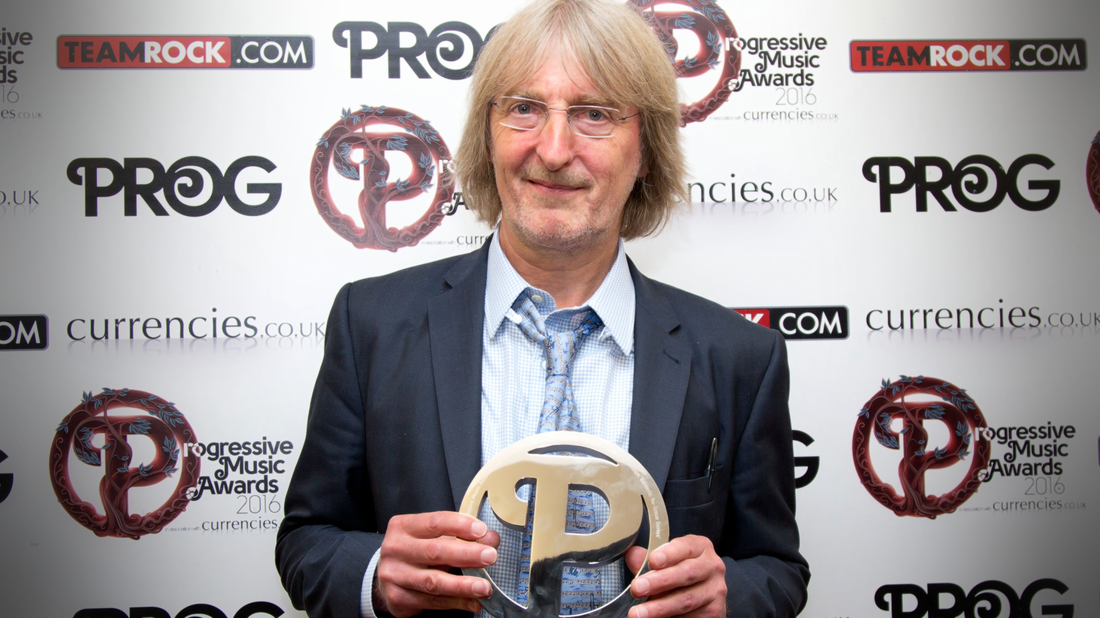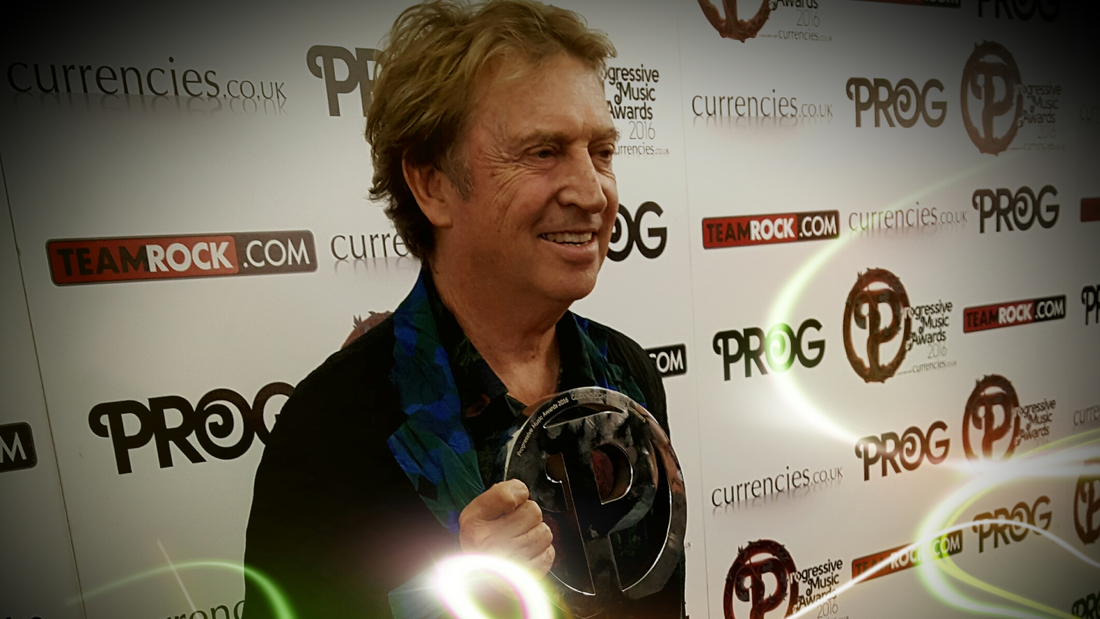A History of Gaming and Popular Culture
It started with the rise of casinos, especially in Las Vegas, where high-rise buildings were becoming homes to croupiers and craps tables. In the 60s, for instance, theculturetrip points out that the likes of the Riviera, the New Frontier, the Sands, and the Sahara opened and were instantly successful. Part of this was down to the lifestyle, which was combined with music to make it extra exotic and luxurious. With Frank Sinatra and Elvis Presley, Vegas had two of the biggest stars in the world who would play regular sets for paying customers and guests. Therefore, it’s no surprise both artists had hits such as “Luck Be a Lady” and “Viva Las Vegas”.
This trend continued for decades as some of the biggest hits of the 80s and 90s referenced gaming terms, too. Jump Around by House of Pain is one of the most famous because it links cult movie hit Terminator with video game consoles when the group rap: "Or better yet a Terminator, like Arnold Schwarzenegger, Try to play me out like as if my name was SEGA!" One of the biggest duets of the era, DJ Jazzy Jeff & The Fresh Prince, followed a similar route by professing their love for gaming in their smash hit, "Human Video Game," where they talk about wanting to play their favourite titles and be their favourite characters, such as Donkey Kong and Tron. Frank Black went the other way in "Whatever Happened to Pong?" by pondering the impact of video game technology on traditional games like ping pong. With a historical relationship evidenced by these examples, it's no wonder the practice is around to this very day.
Online Gaming Hits the Scene
If anything, there hasn’t been a decline in gaming references within music, even though the industry has evolved dramatically since the days of Elvis, Sinatra and the Rat Pack. For example, Lady Gaga is one of the most instrumental musicians of her time, and “Poker Face” is a timeless piece of her discography that her fans love.
This is because people’s familiarity with the activity has only skyrocketed thanks to the introduction of online casinos and betting platforms. Firstly, providers’ offerings are accessible as Statista highlights that almost 60% of the world’s population is online. Out of that total number, more than 90% went online via a mobile device. As a result, techinjury projects that the global gaming market will hit a value of £181 billion by 2025. As you can see, these figures mean that familiarity with gaming and iGaming pursuits is at an all-time high, especially as platforms are available on the go. The review site vegasslotsonline says that around 13 million people play online casino games every month because of the convenience offered by the medium. So, it’s not shocking that Lady Gaga isn’t the only artist to have used wagering references to her advantage.
Faith no more covered poker face. I can now die a happy woman. Such a huge fan.
— Lady Gaga (@ladygaga) June 13, 2009
For example, some of the music industry's biggest artists from the past to the present have gone out of their way to accommodate the video game sector into their songs. Travis Scott and Kendrick Lamar collaborated on "Goosebumps" in 2016, a play on the cult gaming classic taken from the books that also featured a video game-style video. CHVRCHES, meanwhile, have created tunes such as "Warning Call," which was the theme for EA's Mirror’s Edge Catalyst game. However, the trend also dates back to the 1980s, showcasing the history between the arts. Probably the most memorable case study is "Games Without Frontiers" by Peter Gabriel where he used the gaming terminology as a commentary of the current affairs of the era.
Streaming Changes the Game
Streaming services like Spotify and Apple Music have changed the game in more ways than one. While the simplest feature to focus on is the fact that people don’t buy physical copies of songs anymore, there are wider impacts, many of which are linked to gaming. A prime example is how songs that previously weren’t known to the public are now available.
Previously, the commercial success of a song was based on radio play and how often DJs span it on their record players. Now, there’s no need for musicians to bother with radio stations as fans can listen and download everything via a mobile app. As a result, the tunes such as “Queen of Hearts” by Juice Newton and “You Spin Me Around” by Dead or Alive remain popular to this day. These platforms even have playlists that are dedicated to video games such as Grand Theft Auto because the franchise became synonymous with its soundtrack.
Another side-effect of music being more accessible than ever is that the competition is fiercer. The industry is already competitive, so artists need to think of ways to stand out from the crowd. To do this, they are omitting lyrics and opting for beat-focused melodies that feature gaming sound effects. In our exclusive eonmusic interview with David Coverdale, the Whitesnake singer-songwriter talks about the need to remix songs on older compilations such as “Love Songs” to ensure they stay relevant with modern audiences.
Why are gaming phrases found regularly in song lyrics? It stems from a history of musicians and artists playing in Las Vegas and continues with online platforms and streaming apps making the terms more familiar than ever before.


